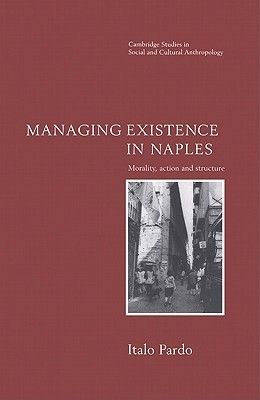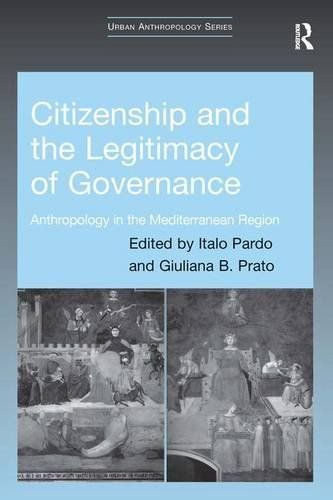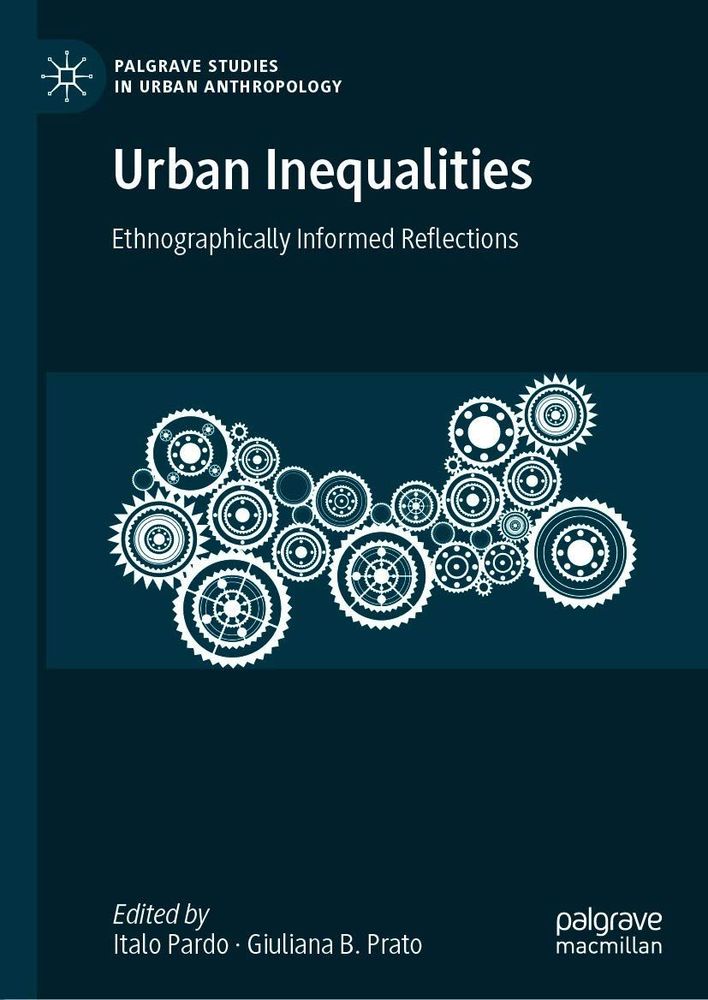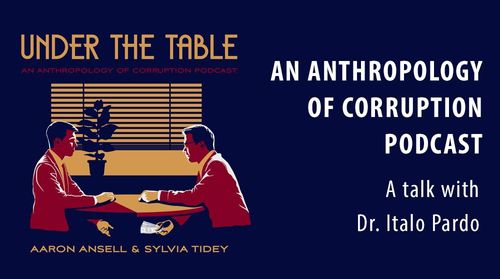
Italo Pardo
EUASU Academician. Honorary Professor of Social Anthropology at the University of Kent, UK. He is a founding member and President of the non-profit association International Urban Symposium – IUS. A long-standing member of the Association of Social Anthropologists of the Commonwealth, among others. He has written numerous articles and books. Additionally, he serves as the founder and editor of several book series on anthropology.
Italo Pardo is an Honorary Professor of Social Anthropology at the University of Kent, UK. He earned his Laurea Cum Laude in Sociology from the University of Naples ‘Federico II’ in 1980, followed by an MSc (1983) and a PhD (1988) in Social Anthropology from the University of London. Professor Italo Pardo has held positions at institutions like University College London, London School of Economics and Political Science.
He served as a Visiting Professor at numerous European and US universities and taught in Naples, Florence, Bergamo, Pisa, Tirana, Fribourg, Cornell, and CUNY. His empirical and theoretical contributions have significantly influenced global discussions on urban life, entrepreneurialism, formal-informal relationships, systems of thought, morality, legitimacy, corruption, rationality, and power. He conducted pioneering studies in Western urban settings and initiated research on legitimacy within British Anthropology. Dr. Pardo serves as a Founding Member and President of the non-profit association International Urban Symposium – IUS. Additionally, he is the Co-founder and Co-Editor of the journal Urbanities—Journal of Urban Ethnography.
Professor Pardo actively engages in global academic discussions, presenting at international symposia and seminars on topics like informality, legitimacy, governance, and urban issues. His extensive research covers historical studies and fieldwork in England, Italy, and France, along with collaborative projects. With a focus on work, morality, thought, and governance, he has published widely in renowned journals since 1981, contributing to multiple languages, including English, Italian, French, Greek, Russian, and Chinese. In addition to writing numerous articles and books, he is the founder and editor of several anthropology book series. Notably, he is the Co-founder and Co-Editor of the Palgrave Studies in Urban Anthropology series and the Founder and Co-editor of the Urban Anthropology series.
A distinguished member of several prominent organizations, Italo Pardo holds longstanding affiliations with the Association of Social Anthropologists of the Commonwealth, the European Association of Social Anthropologists, the British Sociological Association, the Commission on Urban Anthropology, and the International Union of Anthropological and Ethnological Sciences.
Contacts:
Official Site
LinkedIn
Email: i.pardo[at]kent.ac(dot)uk
 | Managing Existence in Naples: Morality, Action and Structure
A thoughtful and original account of the moral life of Naples, a city in which the ethics of work, family and neighbourhood exist in complex relationship with the teachings of the church and, crucial to key processes of democracy, with the power and limitations of law, bureaucracy and government. Dr Pardo identifies the importance of strong continuous interaction between material and non-material aspects in the entrepreneurial strategies of the ordinary Neapolitan and shows the ways in which different ethical systems are negotiated in everyday life. |
 | Citizenship and the Legitimacy of Governance (co-authored with Giuliana B. Prato)
Against the background of unease at the increasingly loose and conflictual relationship between citizenship and governance, this book brings together rich, ethnographic studies from EU member states and post-Communist and Middle-Eastern countries in the Mediterranean Region to illustrate the crisis of legitimacy inherent in the weakening link between political responsibility and trust in the exercise of power. With close attention to the impact of the ambiguities and distortions of governance at the local level and their broader implications at the international level, where a state's legitimacy depends on its democratic credentials, Citizenship and the Legitimacy of Governance initiates a comparative discussion of the relationship between established moralities, politics, law and civil society in a highly diversified region with a strong history of cultural exchange. |
 | Urban Inequalities: Ethnographically Informed Reflections (co-authored with Giuliana B. Prato)
This collection brings together leading thinkers on human beings in urban spaces and inequalities therein. The contributors eschew conceptual confusion between equality — of opportunity, of access, of the right to compete for whatever goal one chooses to pursue — and levelling. The discussions develop in the belief that old and emerging forms of inequality in urban settings need to be understood in depth, as does the machinery that, as masterfully elucidated by Hannah Arendt, operates behind oppression to sustain power and inequality. Anthropologists and fellow ethnographically-committed social scientists examine socio-economic, cultural and political forms of urban inequality in different settings, helping to address comparatively these dynamics. |




